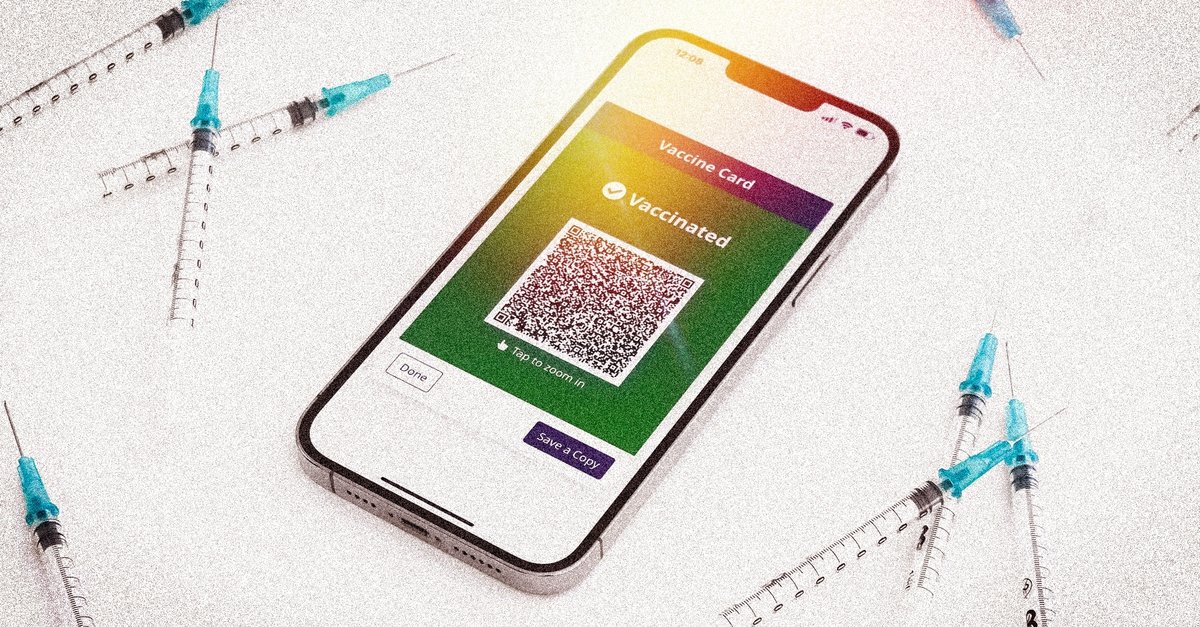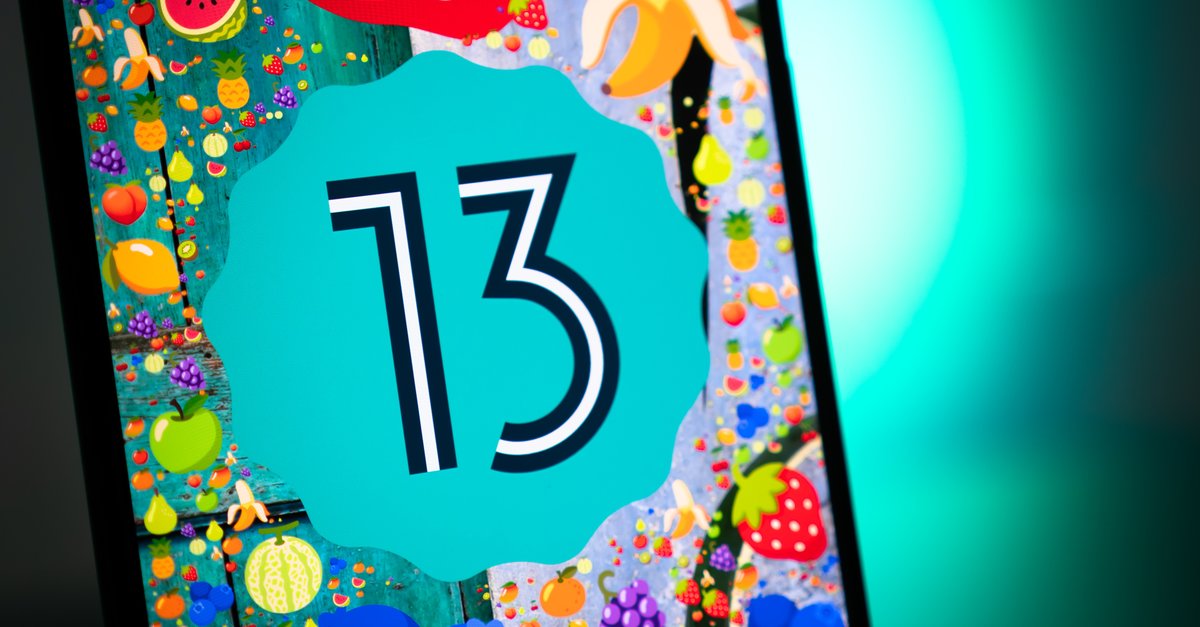When the vaccination is compulsory, the following applies: digital is better!
One thing is clear after the last few days, the compulsory vaccination against COVID-19 is on the way. But is Germany ready for it? Anyone who wants to enforce mandatory vaccination also needs the tools. However, there is a lack of that. How is it going and why digital is better … the explanation in the current edition of the weekend column.
Mandatory vaccination, but how?
It had to get worse first, so that both the political will and the consent to the duty to be imposed could mature. In the face of an unprecedented emergency, the time has come, in all likelihood it will actually happen next year. Unless, when the fourth wave flattens out, the decision-makers’ courage is waning again.
However, it is still completely open: How should such a mandatory imprint be implemented and, above all, how should it be enforced? Only one thing is certain, there will be no compulsory vaccination. Nonetheless, it must also be possible to sanction non-compliance with the duty. How would the state shape this? In my opinion, there are two basic approaches to this – a weak and a strong.
One should still heed:
In the weak implementation one would declare a corresponding compulsory vaccination against COVID-19 with possible conditions. A sanction, i.e. a fine, would only take place in the event of an actual inspection. So only in individual cases, if you get caught. This could be done, for example, with random samples in public places and in local and long-distance public transport. Nevertheless, there are still ways to avoid it, unless, for example, the inevitable visit to the supermarket is linked to 2G rules.
Digital is better: example Belgium
Of the stronger approach on the other hand would be a different one. Basic requirement: The state already knows who is vaccinated and who is not. However, this is currently not the case, because Germany is still sticking to the yellow vaccination certificate. It is anything but forgery-proof and certainly not digital or even networked. The Kingdom of Belgium, for example, shows how it can be done better because it is digital. They don’t have a general vaccination requirement either, but they would be much better prepared for it.
My thoughts on the weekend: The column aims to provide food for thought and reflect the “flood of news” of the week towards the end. A small selection of the previous articles in the column:
There you don’t even know the yellow vaccination certificate. When I confronted my girlfriend with it, she was amazed and didn’t know what to do with it. Instead, Belgians have been using a digital system for some time – MyHealthViewer. Both doctors and patients have access to it, and you can identify yourself on the computer using a reader and ID card. The portal contains not only things such as your own medication plan, but also all vaccinations from the last few years. Thanks to this tool, the Belgian state could and can then invite its citizens directly to the Covid vaccination and already knows who is vaccinated and who is not.

This is currently also useful for booster vaccinations. Long queues because you have to queue somewhere on suspicion? We have it, but not our neighbors. It runs in an orderly manner, once the parade discipline of the Germans.
Anyone who has such a tool could then with ease direct and without exception sanctions in the event of a compulsory vaccination pronounce, because there would be almost no loopholes.
For us, all of this is still a long way off. A stronger sanctioning approach would certainly make more sense, but Germany will certainly still work in the healthcare sector in an analogue way in 2022, not digitally. The men at Tocotronic already knew it in 1995: Digital is better! One should have heard the song better back then.



